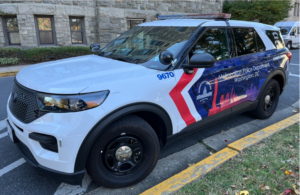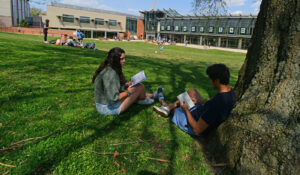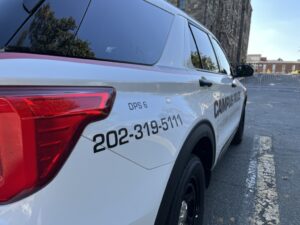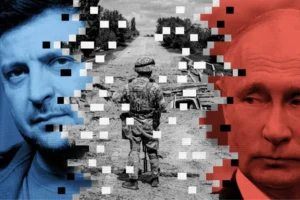Metro Raises Fares, Cuts Hours
by Sarah Donofrio
Metro fares will increase as hours are shortened in the new budget, hindering students who use mass transit for off-campus jobs, internships, and various activities.
The 2018 Washington Metropolitan Area Transit Authority fiscal year budget was approved on Thursday, January 23. Starting July 1, the Metro will cost students $2.10 to travel to Union Station on the SmartCard fare and $3.10 for paper fare during peak hours. The basic fare will rise from $1.95 to $2.10 during the peak hours of 5 a.m. to 9:30 a.m. and 3 p.m. to 7 p.m. on weekdays, and 12 a.m. to closing hours on the weekend. The rail system will close at 11:30 p.m. Monday through Thursday and close at 1 a.m. Friday and Saturday; the rail system will run 8 a.m. through 11 p.m. on Sunday.
The Brookland-Catholic University of America Metro stop is frequently used by students to travel to work, internships, and events in the Washington, D.C. Metropolitan area. The stop has been servicing the Brookland area of Northeast Washington and The Catholic University of America since 1978, and serves as a primary source of transportation for students traveling off-campus.
The impact of the 2018 Metro budget will affect off-campus life and hinder students who use the system to travel off-campus. However, some students have already stopped relying on the Metro.
“It’s crazy,” said freshman Maria Josefina Montez. “Honestly, it is so much cheaper to take an Uber if you’re riding with two or three other people. I rarely take the Metro as it is, except when I have to travel to work in which case my workplace pays for me.”
The Washington Metropolitan While the fares have increased, and the Metro will only arrive every eight minutes, rather than the current six minute system.
In late fall 2016, the MetroRail system was temporarily shut down due to the SafeTrack accelerated track work plan, hampering off-campus transportation. From October 29 to November 22, the infrastructure was repaired in order to adhere to safety requirements. During this time, students used other means of transportation, in hope that the completion of the plan would offer an improved system.
“Following the completion of the SafeTrack program, it was my hope that WMATA would work harder to engage the customers but it seems that they are only doing the opposite,” said sophomore politics major Isaiah Burroughs. “A significant amount of Metro riders are students from some of the best universities in the world, including CUA, and these students want opportunities to safely go out and enjoy the nation’s capital.”
In January 2016, Burroughs proposed a program that would offer unlimited riding on the Metrorail and Metrobus systems for Catholic University of America students, costing students about $100 per semester. The program requires the approval of the Washington Metropolitan Transit Authority or the University’s Board of Trustees and university administration. Additionally, the program must be approved by the WMATA’s budget and signed by university President John Garvey.
While the proposal was not approved last year, Burroughs continues to support the program.
“With fares increasing and hours being shortened, now is the best time to continue working on the University Pass program so that my fellow students c
can explore this beautiful city where so much happens.”
The proposal is similar to current programs existing between other institutions of higher learning and state governments. The Maryland Transit Administration cooperates with the Department of Transportation in order to provide $50 monthly passes for students attending classes at Maryland universities, technical schools, and community colleges. With the increasing fares and truncating of hours, the passing of the University Pass program would help to ameliorate transportation costs. costs concerns.






